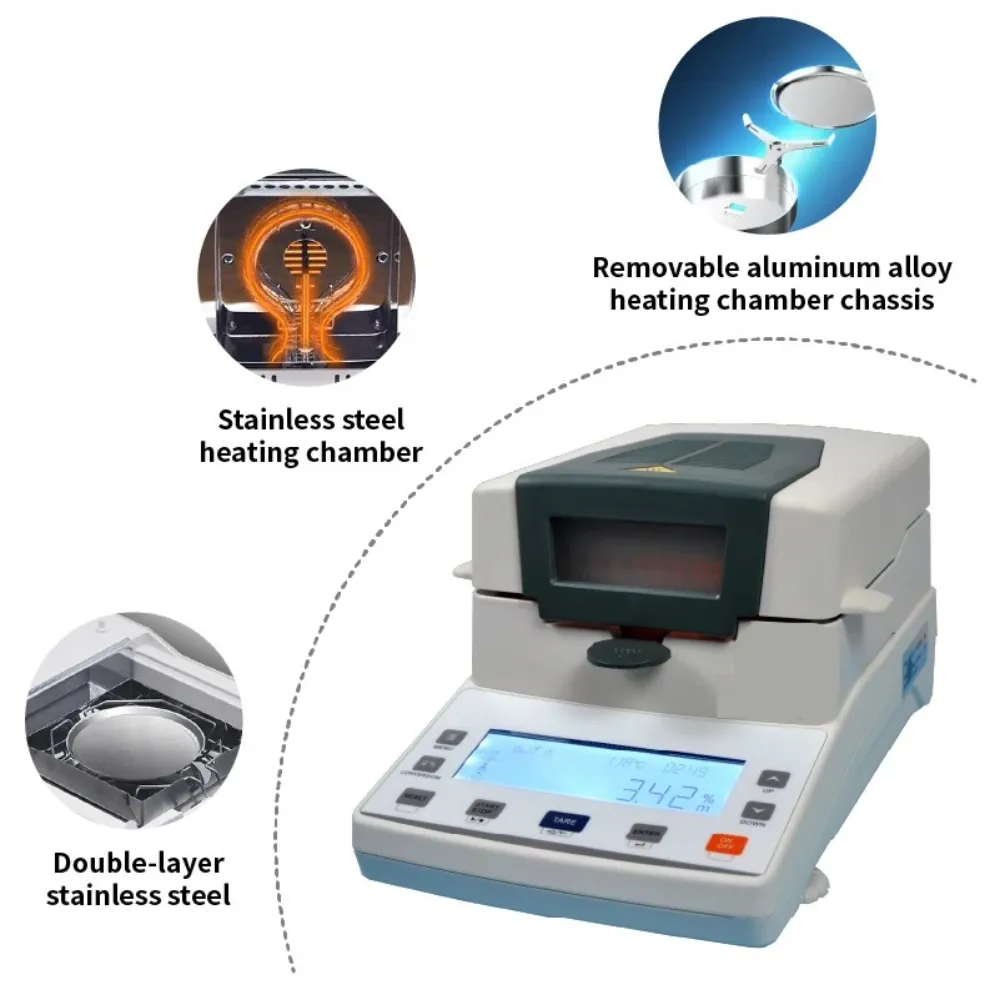
History of Halogen Lamp Technology
Table of Contents
Early Innovations in Lamp Technology
The foundation for halogen lamps was laid in the early 20th century. In 1911, William D. Coolidge developed ductile tungsten, a crucial material for various lamp types. Between 1905 and the 1940s, Irving Langmuir made significant contributions by studying gas filling and tungsten doping to extend light bulb life. These early innovations set the stage for the development of halogen lamps.

Birth of the Halogen Lamp
The first halogen tungsten lamp prototypes were created by Elmer Fridrich and Emmitt Wiley in 1953. By 1955, these prototypes were being tested in aircraft wingtip lighting applications. A major breakthrough came in 1959 when Fridrich and his team introduced the double-ended halogen lamp, marking a significant advancement in lamp technology. Fridrich continued to improve lamp designs until his death in 2010.
Commercial Introduction and Applications
Halogen bulbs were commercially introduced in 1959, finding applications in studio lighting, projection lamps, and vehicular headlamps. The use in vehicular headlamps led to the development of aluminosilicate glass in the early 1970s. This innovation allowed for high-speed automated production of halogen lamps due to its lower working temperature, significantly impacting manufacturing processes.

Industry Growth and Global Market
The lighting industry has seen substantial growth over the decades. By the turn of the century, the global market for lighting products was expected to reach around $28 billion. U.S. companies have played a significant role, contributing to nearly 30% of this market and expanding their operations overseas through joint ventures and acquisitions.
Technological Advancements and Environmental Considerations
The lighting industry has continually evolved, focusing on developing bulbs with superior lighting characteristics, greater efficiency, and improved longevity at lower costs. A growing trend towards environmentally safe products and efficient manufacturing processes has driven innovation in the field, shaping the development of modern halogen lamps and related technologies.
Legacy and Impact on Modern Lighting
The historical development of halogen lamp technology has had a lasting impact on the lighting industry. It has paved the way for more efficient and versatile lighting solutions, including applications in precision instruments like halogen moisture analyzers. The principles and innovations developed through halogen lamp research continue to influence modern lighting technologies and applications.
Comments
Tags
Frequently Asked Question
The first halogen tungsten lamp prototypes were created by Elmer Fridrich and Emmitt Wiley in 1953.
Halogen bulbs were commercially introduced in 1959.
The development of aluminosilicate glass in the early 1970s allowed for high-speed automated production of halogen lamps.
The industry has focused on developing bulbs with superior lighting characteristics, greater efficiency, and improved longevity at lower costs, with a growing emphasis on environmental safety.


